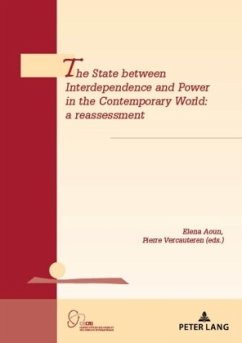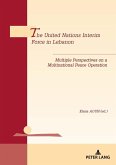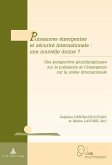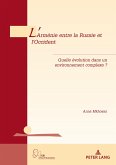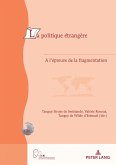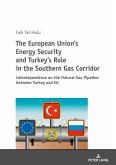For decades, the discipline of International Relations (IR) has been defined by the centrality of the state as the international actor par excellence and most debates on this key actor have developed from the perspective of 'power' as a defining notion. Later, IR analysts awoke to a new context that appeared to be the consequence of multiple evolutions and trends which began decades earlier but remained mostly unnoticed or underestimated. None of these trends that underpin today's global context leaves the state and traditional notions of power unaffected. There is therefore a need to reassess the place of the state as it faces all the challenges of this more complex international reality. One part of a pluriannual research project undertaken in the framework of the Research Network on International Governance, Globalization and the Transformations of the State (REGIMEN), this book seeks to address these core issues from various perspectives, allowing for broad and detailed analyses alike.
The first part of the volume offers new theoretical insights on power in the contemporary international system. The second part offers a collection of chapters equally interested in developed middle powers and emerging ones, with a focus on state practices in a period characterized by multiple crises and shifting power distribution. Finally, the last section tackles the hollowing out of state power from very different perspectives, in quite different configurations of interdependence, and in various countries or regions.
The first part of the volume offers new theoretical insights on power in the contemporary international system. The second part offers a collection of chapters equally interested in developed middle powers and emerging ones, with a focus on state practices in a period characterized by multiple crises and shifting power distribution. Finally, the last section tackles the hollowing out of state power from very different perspectives, in quite different configurations of interdependence, and in various countries or regions.

